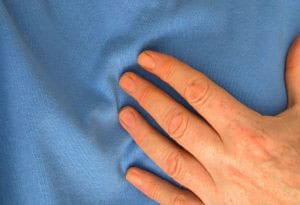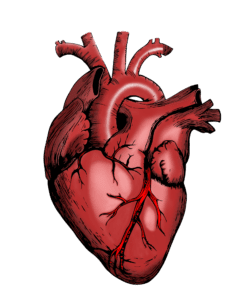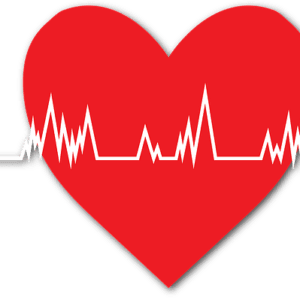Valvular Heart Disease
What is valvular heart disease?
Valvular heart disease occurs when any of the four valves in the heart fail to function correctly. In a normally functioning heart, the valves open and close to allow for proper blood flow.
The valves can malfunction in one of two ways: regurgitation and stenosis. The former means that the valves do not close all the way, allowing for blood to flow back into the heart. The latter occurs when the valves’ openings are narrowed, limiting the blood flow out of the heart.
What are the symptoms of valvular heart disease?
Symptoms include:
- Fatigue
- Heart palpitations
- Chest pain
- Dizziness
- Shortness of breath
- Low or high blood pressure
- Leg swelling
- Abdominal pain
These symptoms can progress into heart failure, so it is integral to seek treatment.
What causes valvular heart disease?
These symptoms can be the result of a number of causes, such as birth defects, syphilis, infections of the valves, coronary artery disease, heart attacks, aging that causes changes to the structure of the valves, and myxomatous degeneration.
How is valvular heart disease diagnosed?
First, doctors will listen to your heart through a stethoscope and perform a physical examination. Tests are the next step; doctors may use an echocardiogram, electrocardiogram, chest X-ray, MRI, transesophageal echocardiogram, and cardiac catheterization.
What are the treatments for valvular heart disease?
If a case is mild to moderate, monitoring may be the only step doctors take. In more severe cases, doctors will prescribe medications, such as beta-blockers, calcium channel blockers, diuretics, or others. Surgery is another treatment option; doctors may recommend procedures like heart valve replacements. The final option is balloon valvuloplasty.
Where can I find out more about valvular heart disease?
Valvular Heart Disease Articles

Researchers Identify Kidney Disease as a Sudden Cardiac Death Risk Factor





